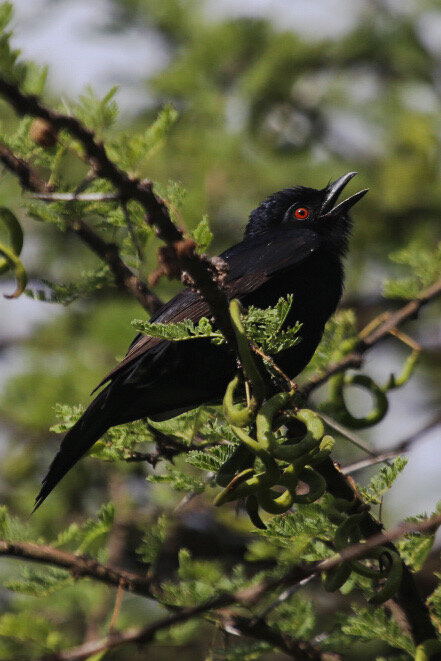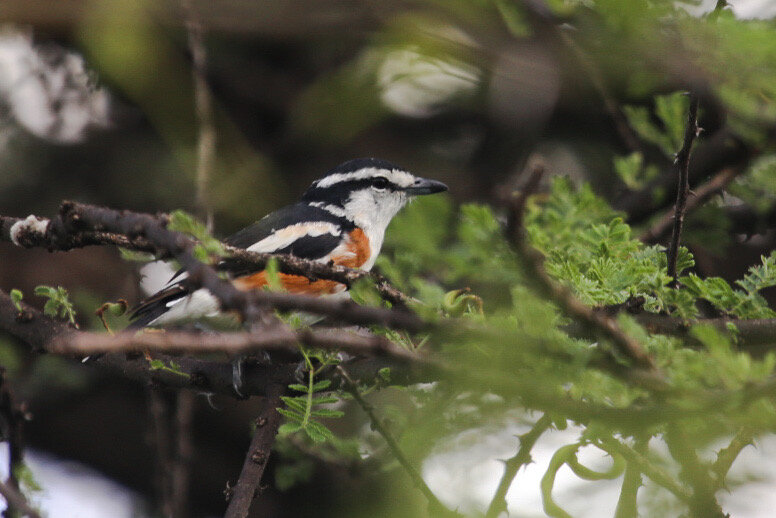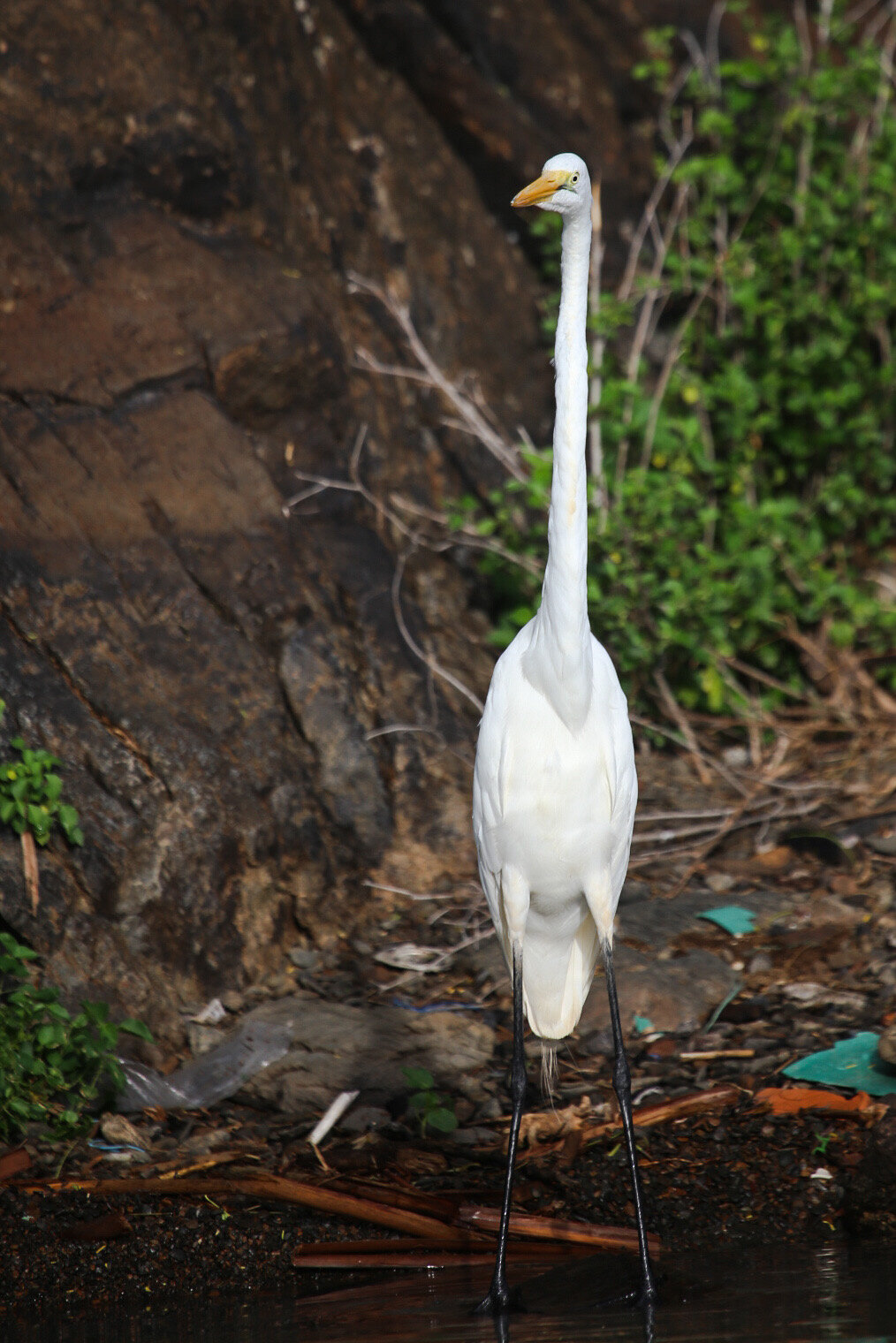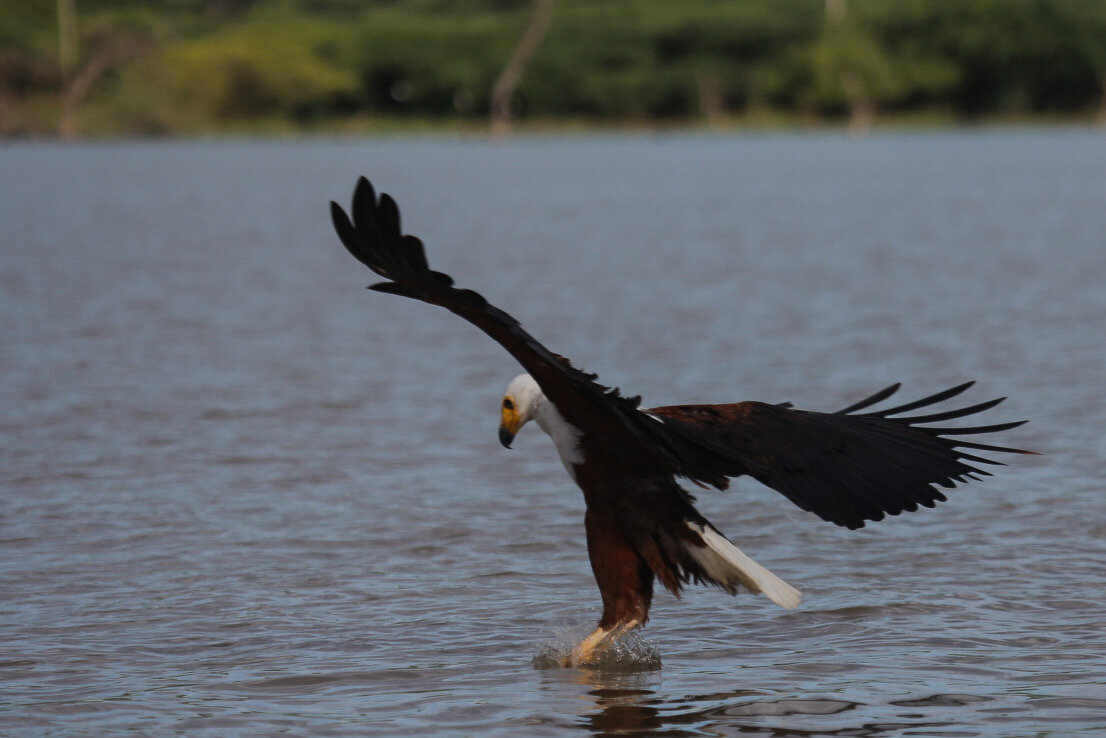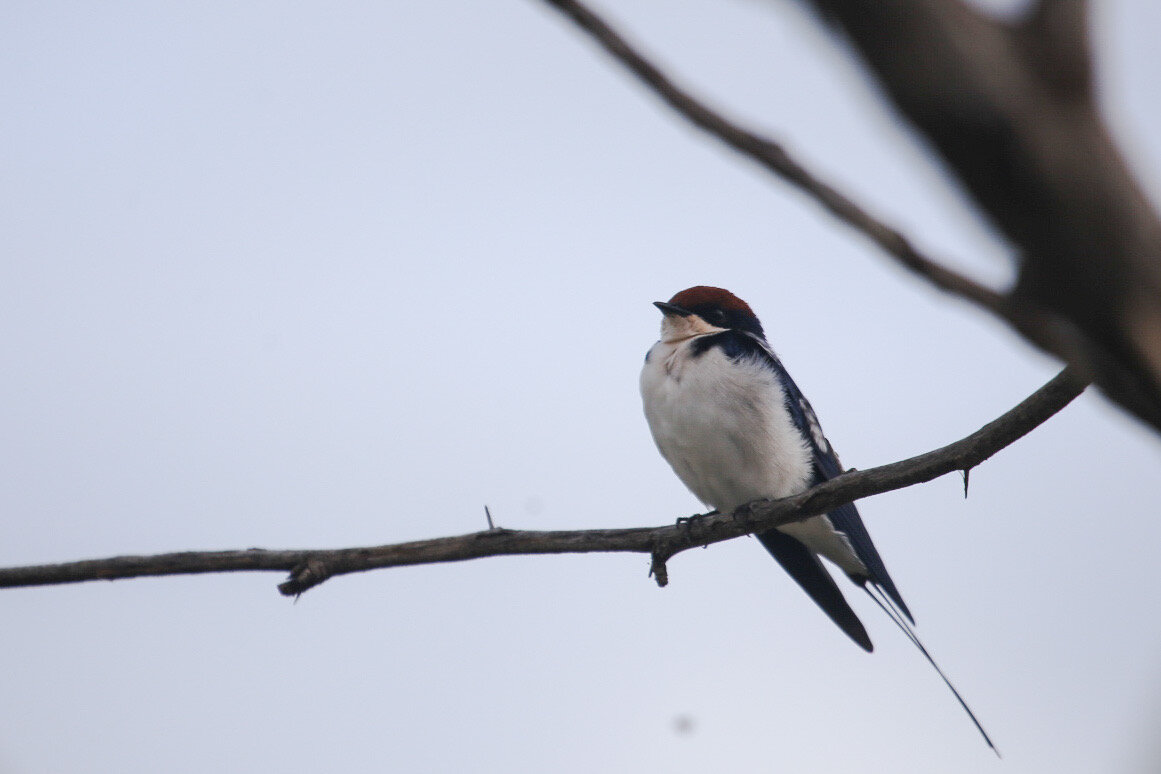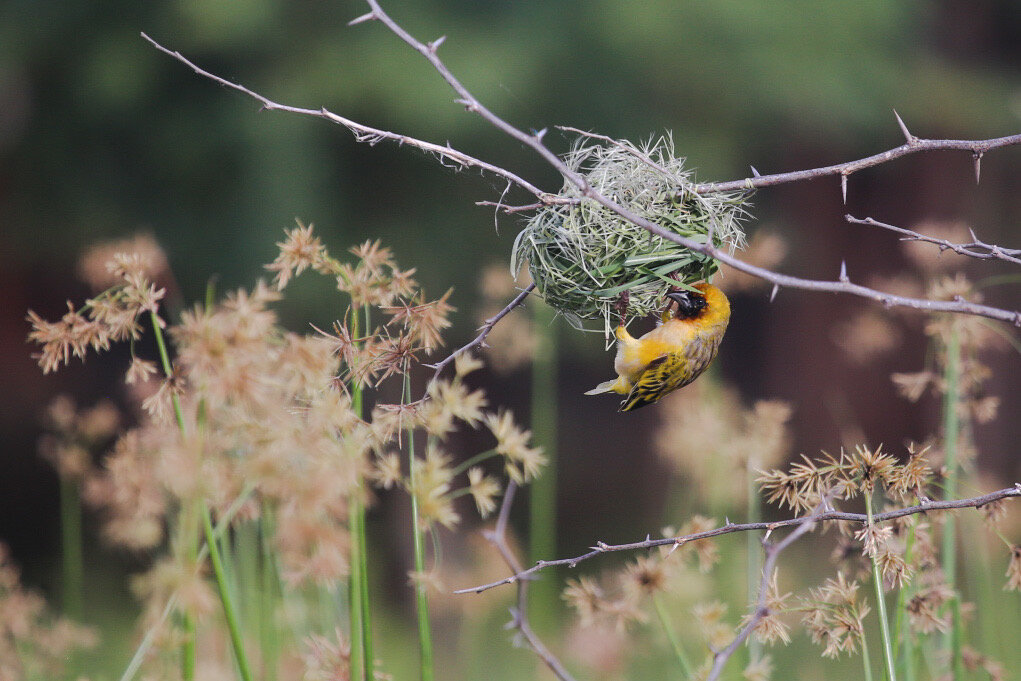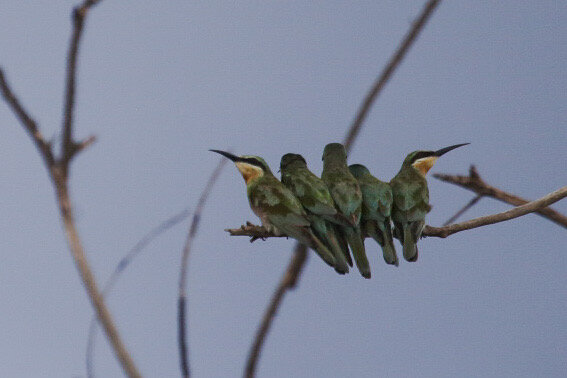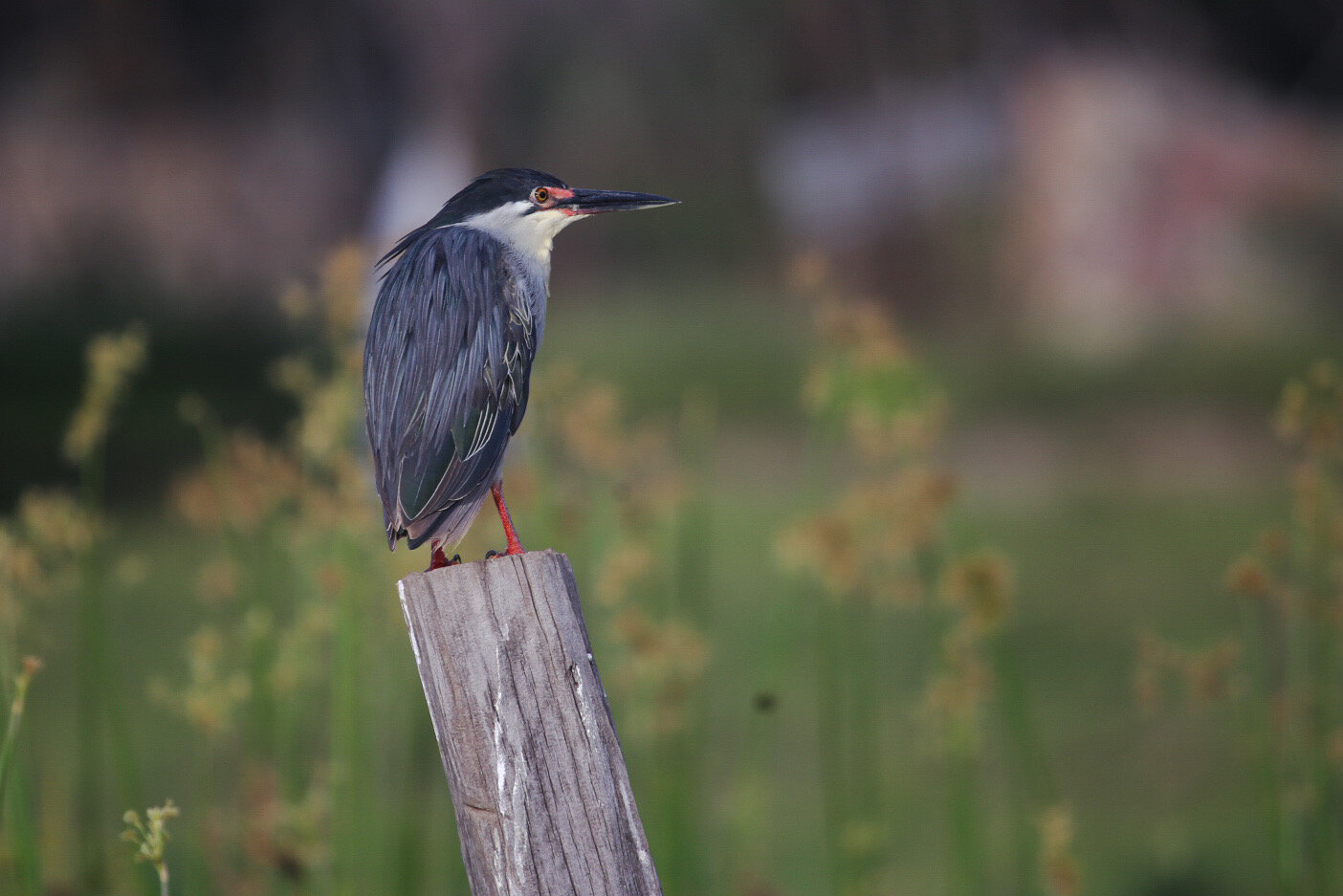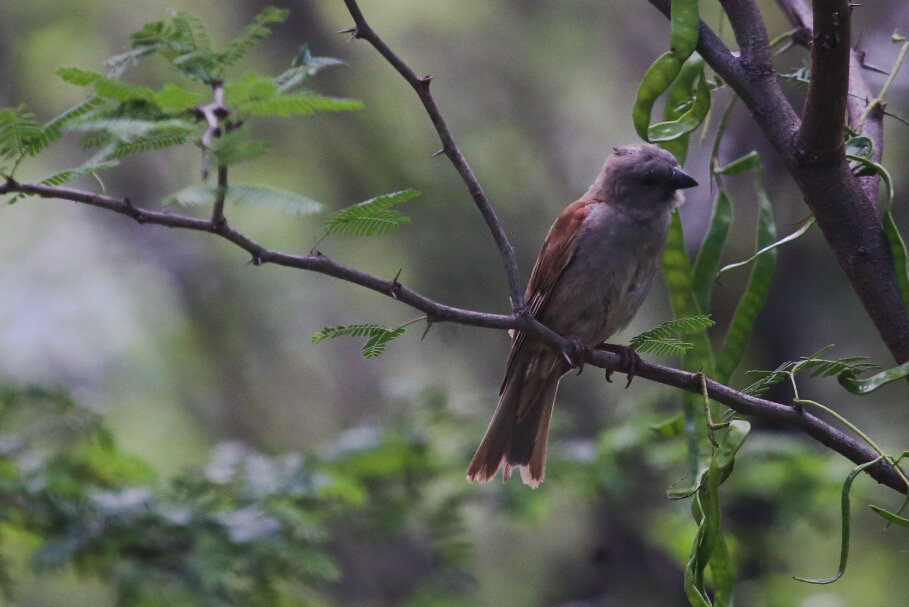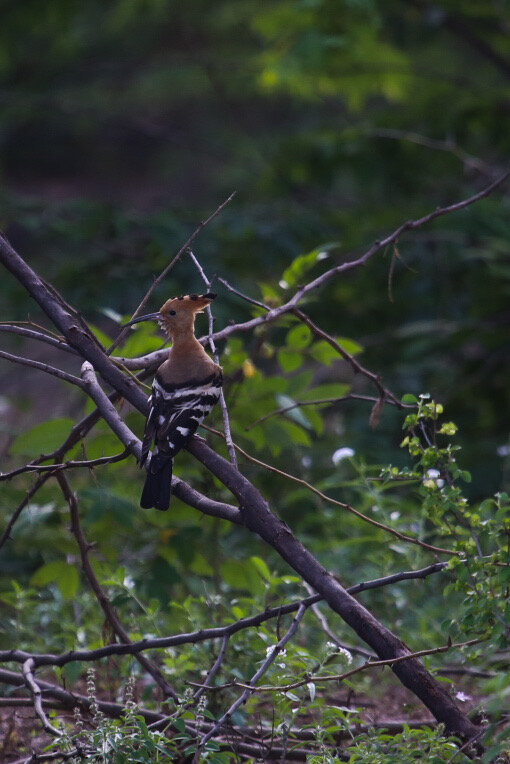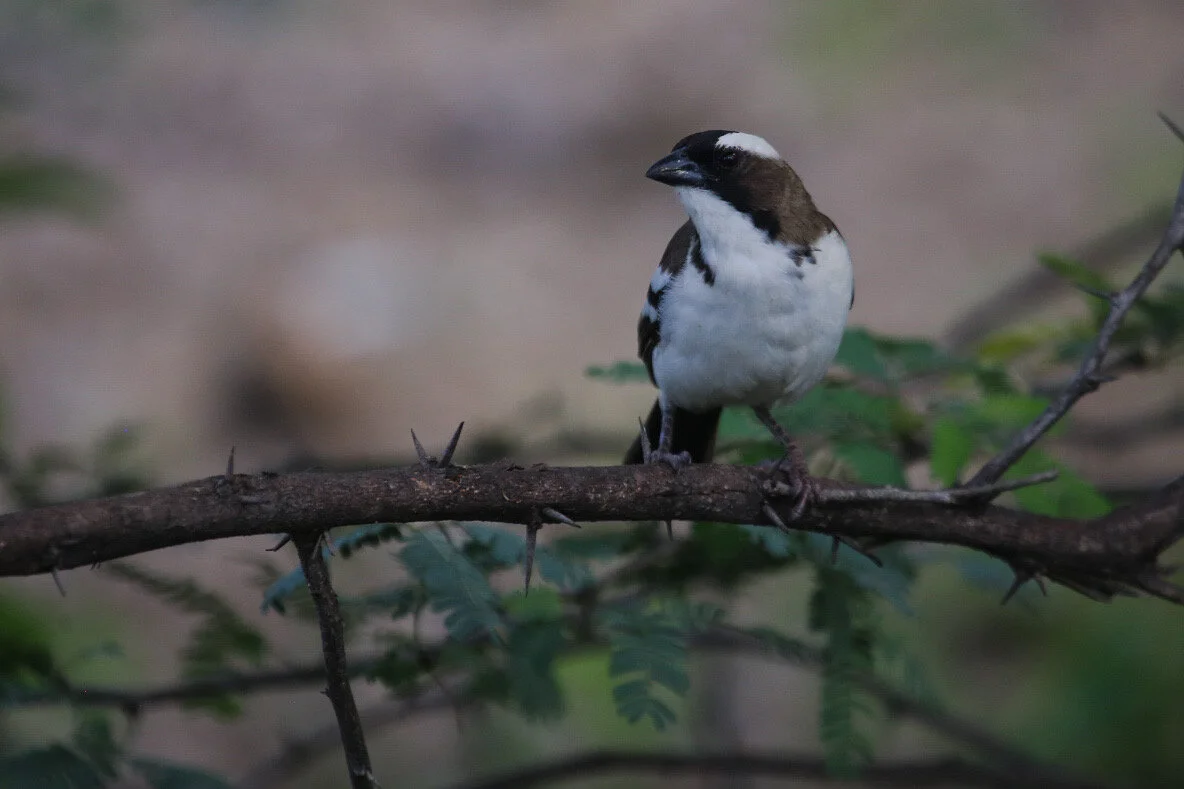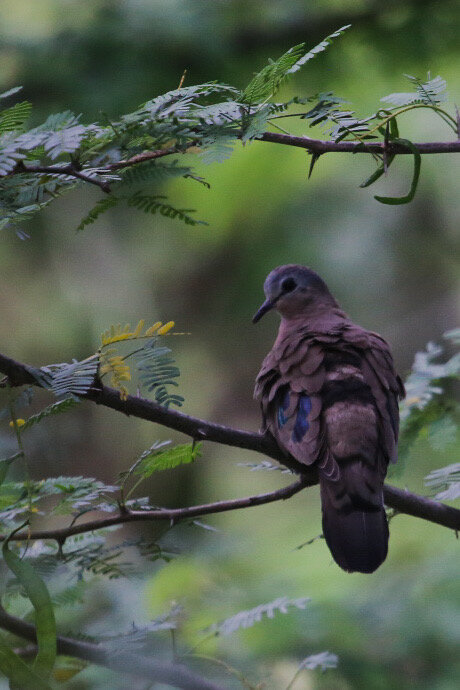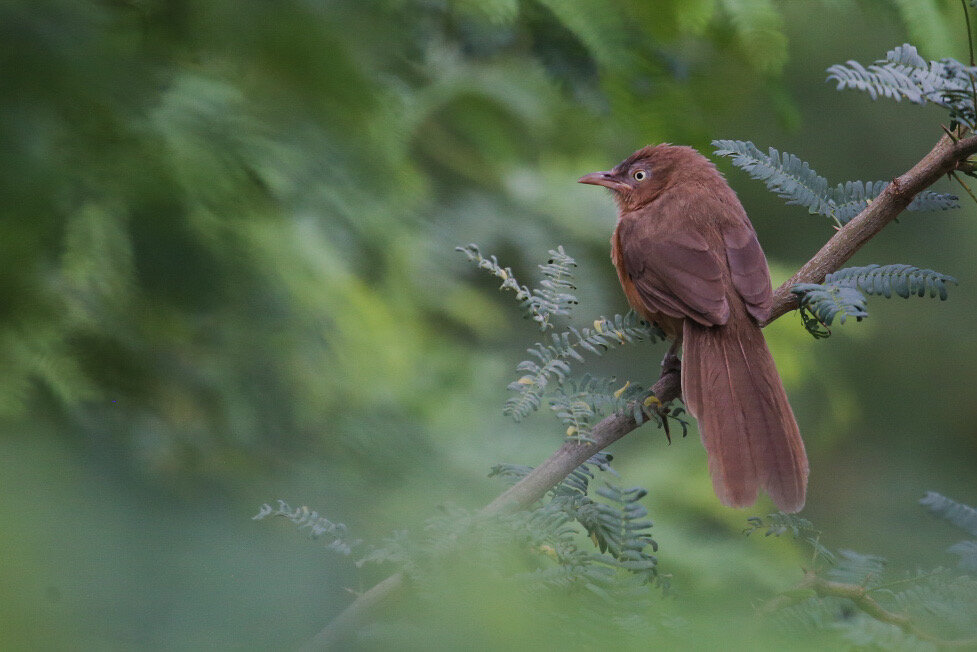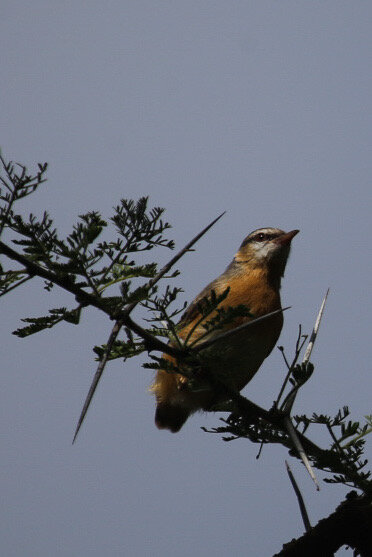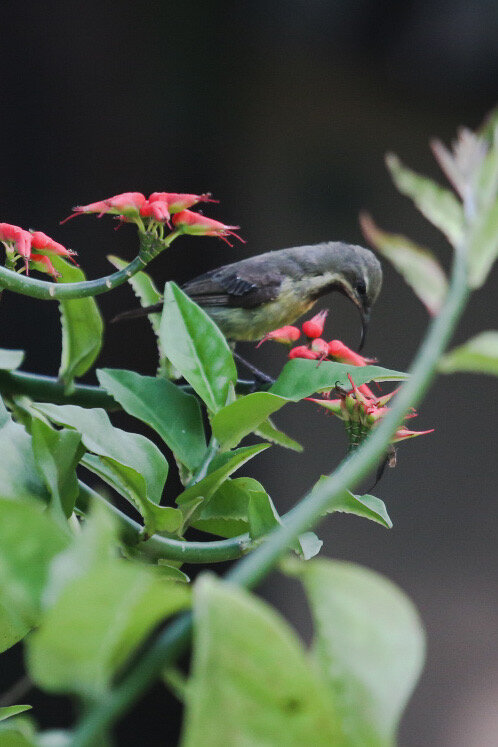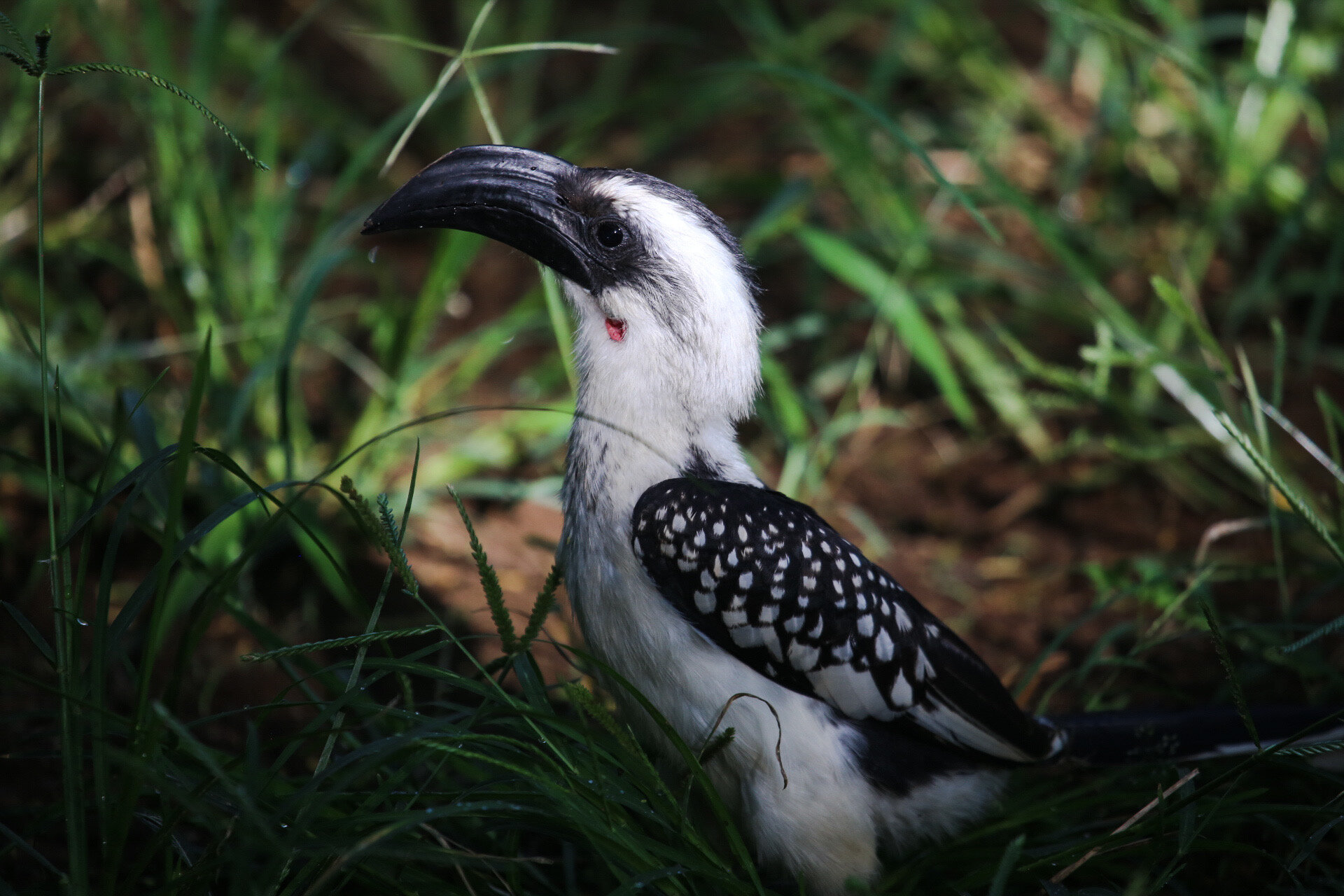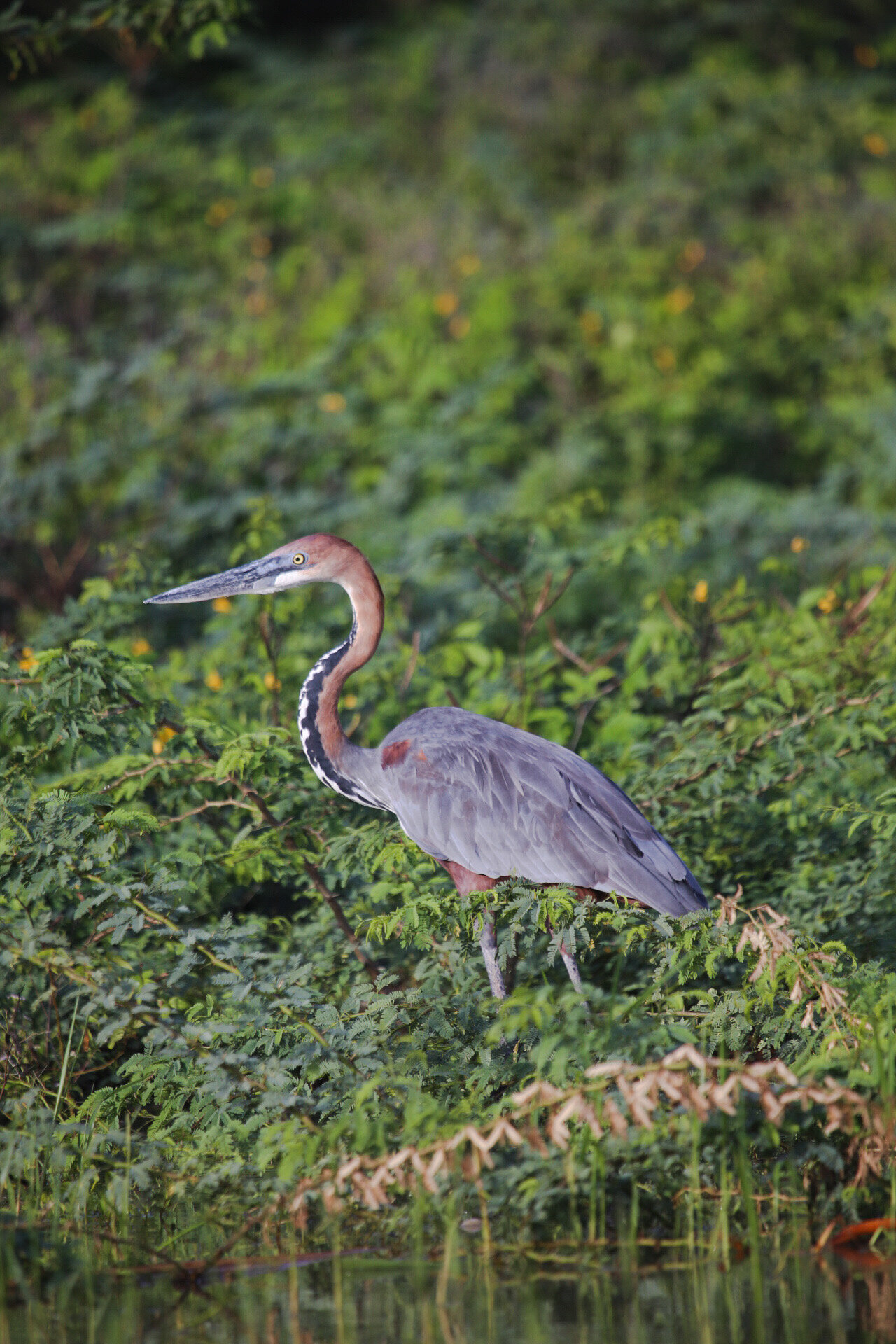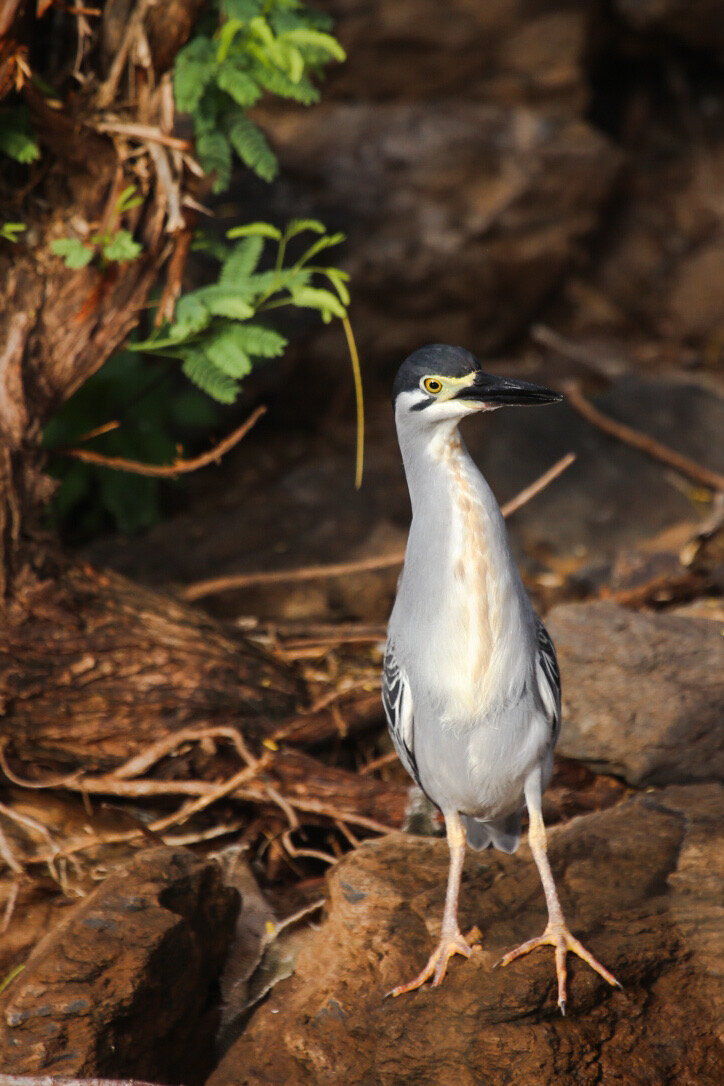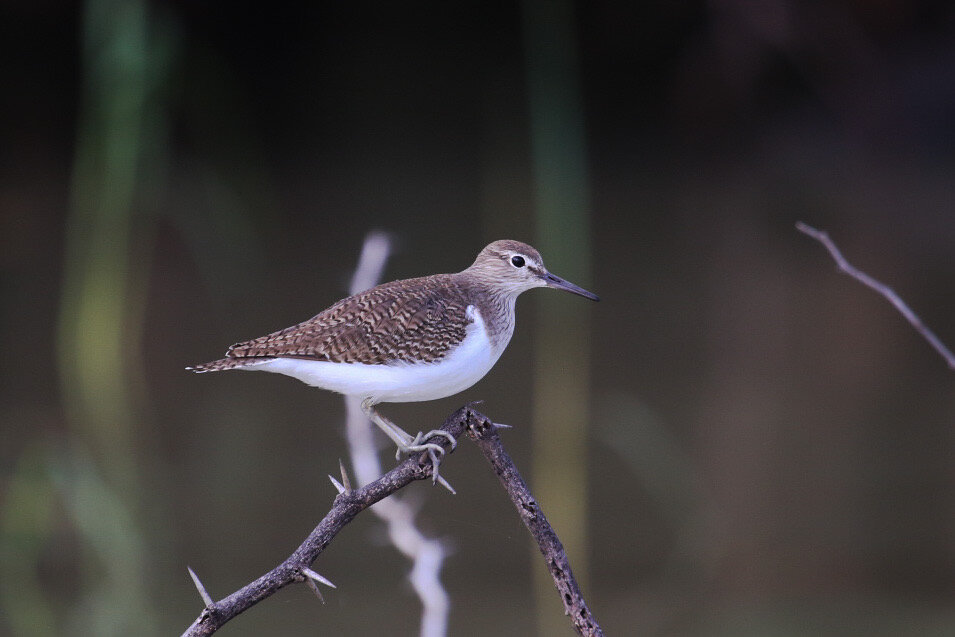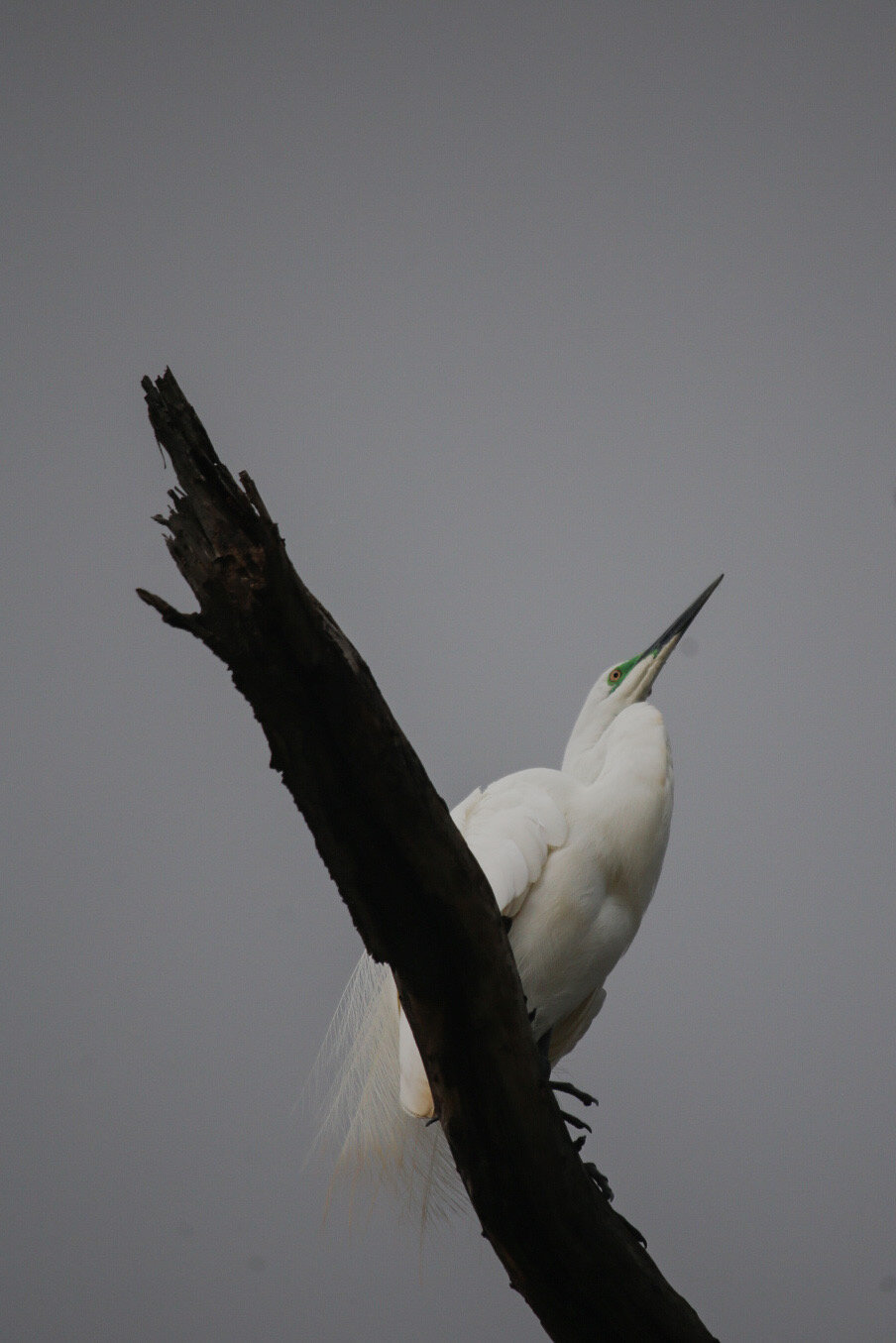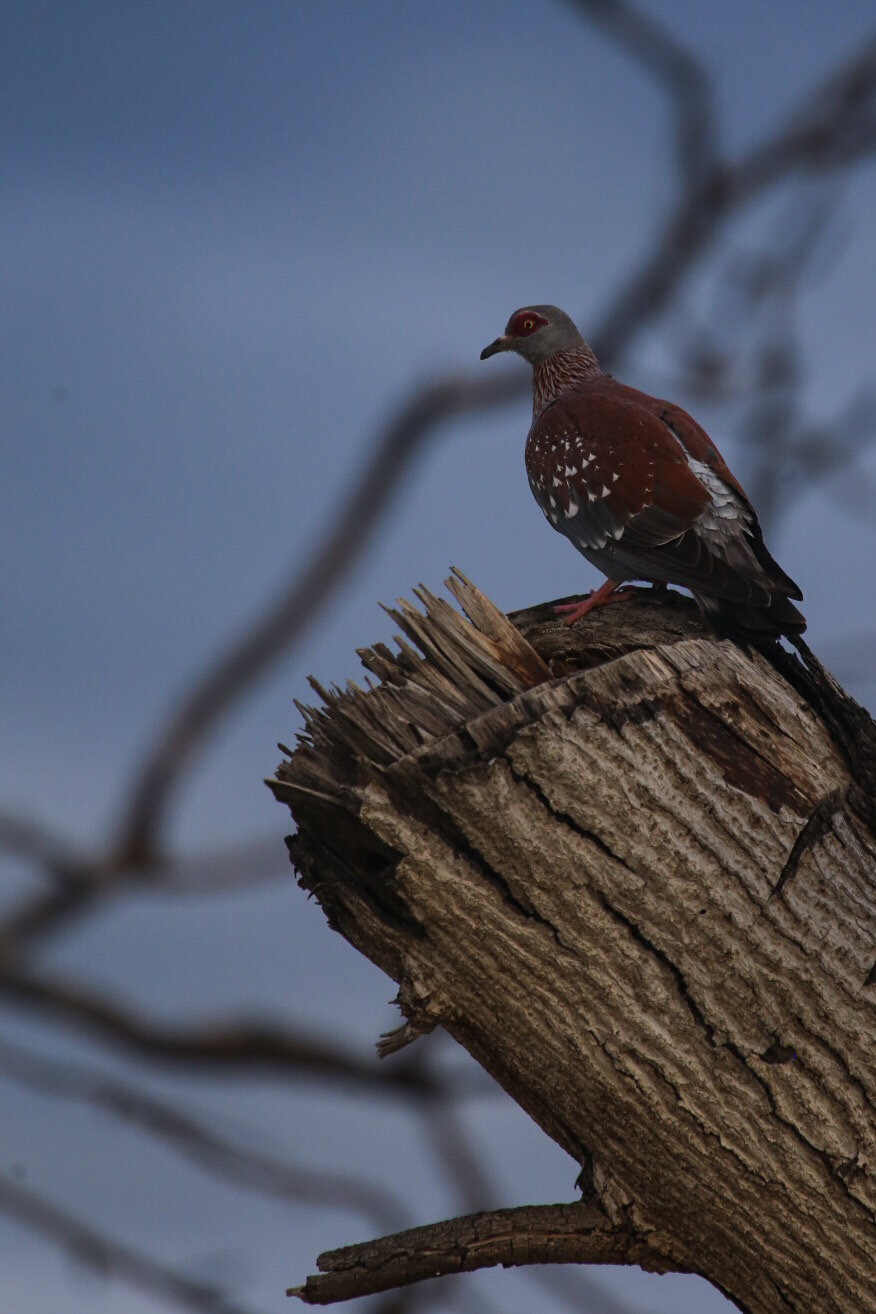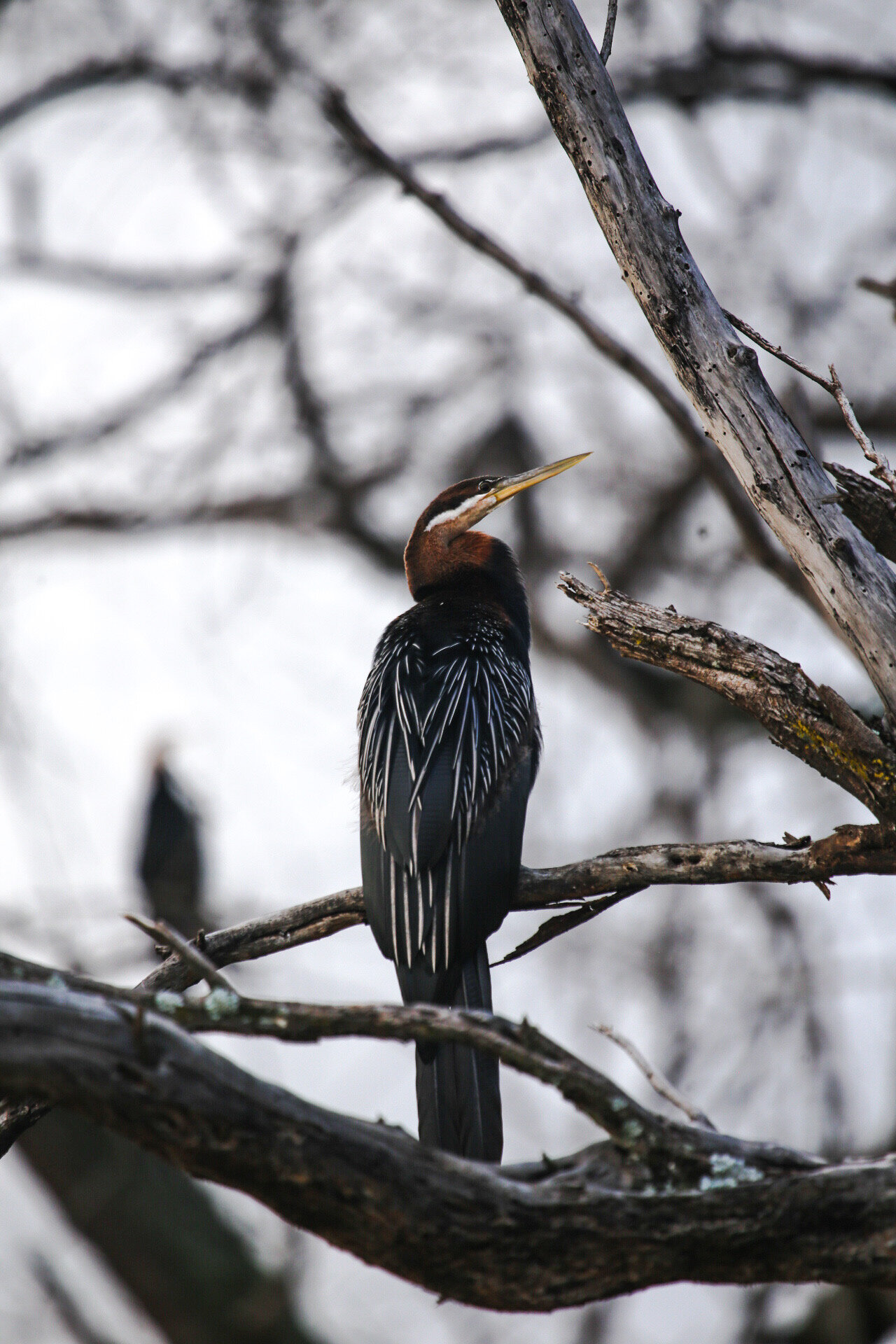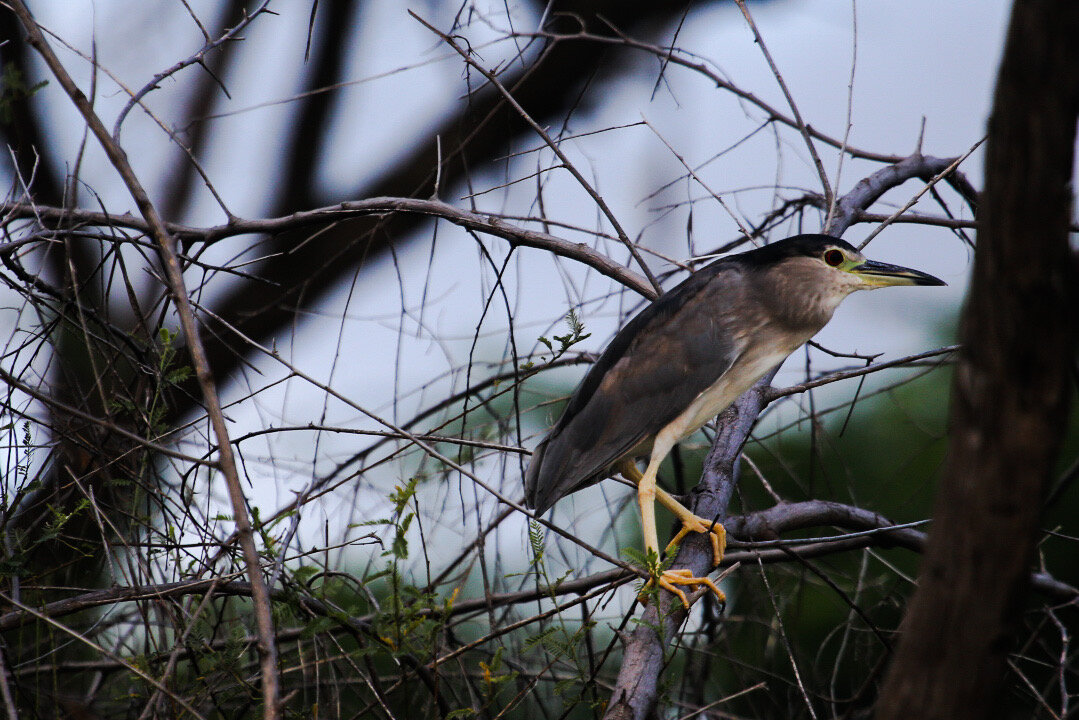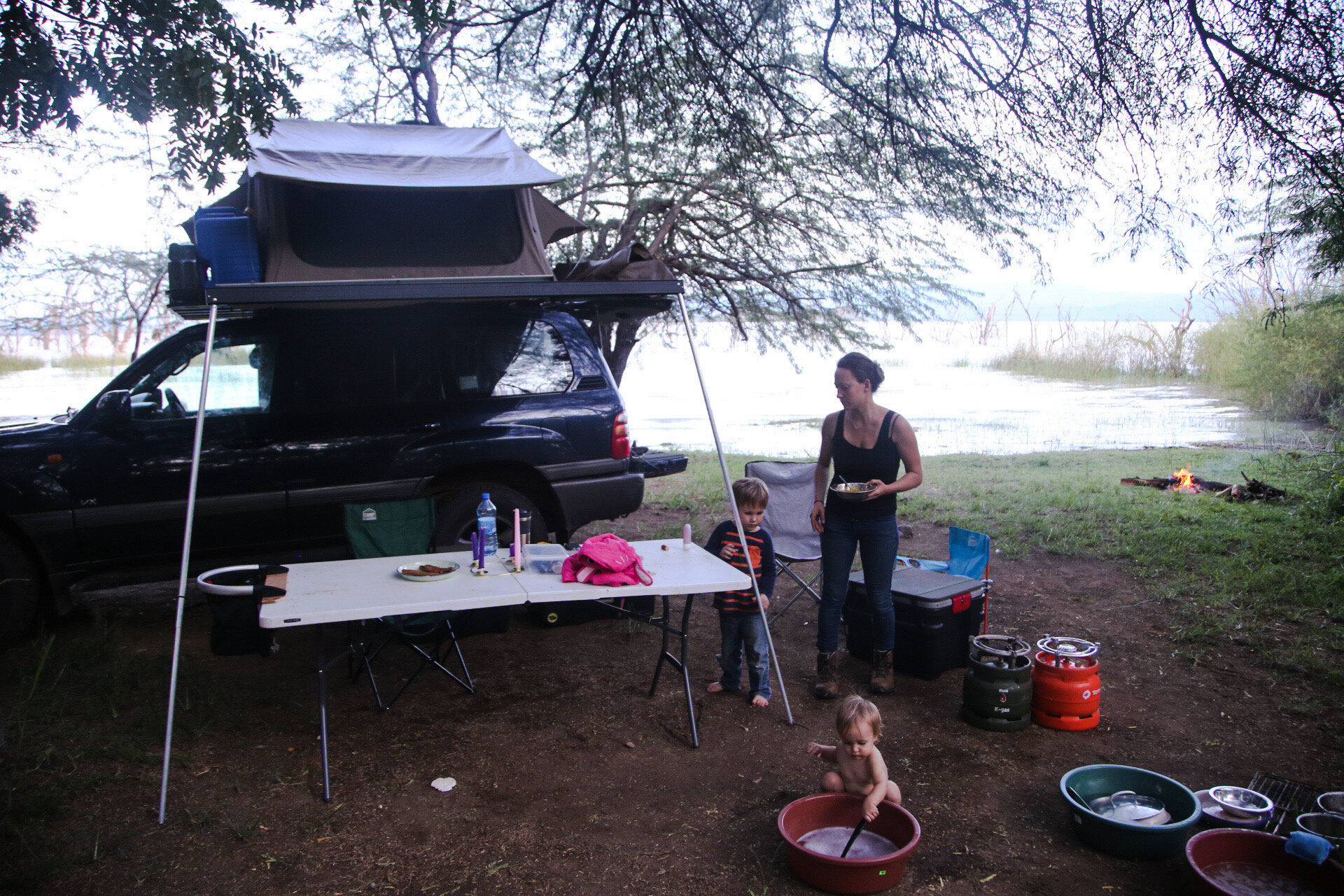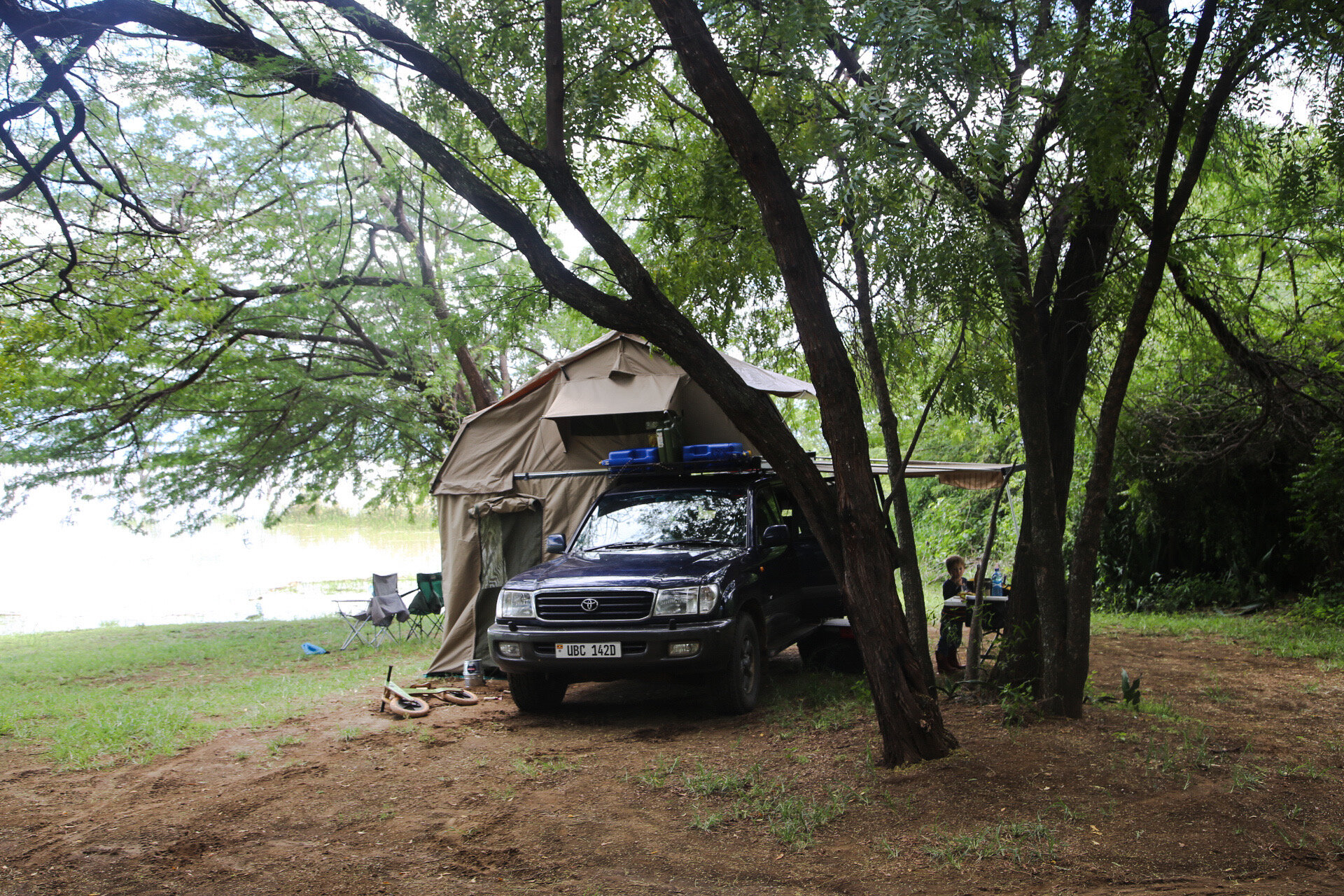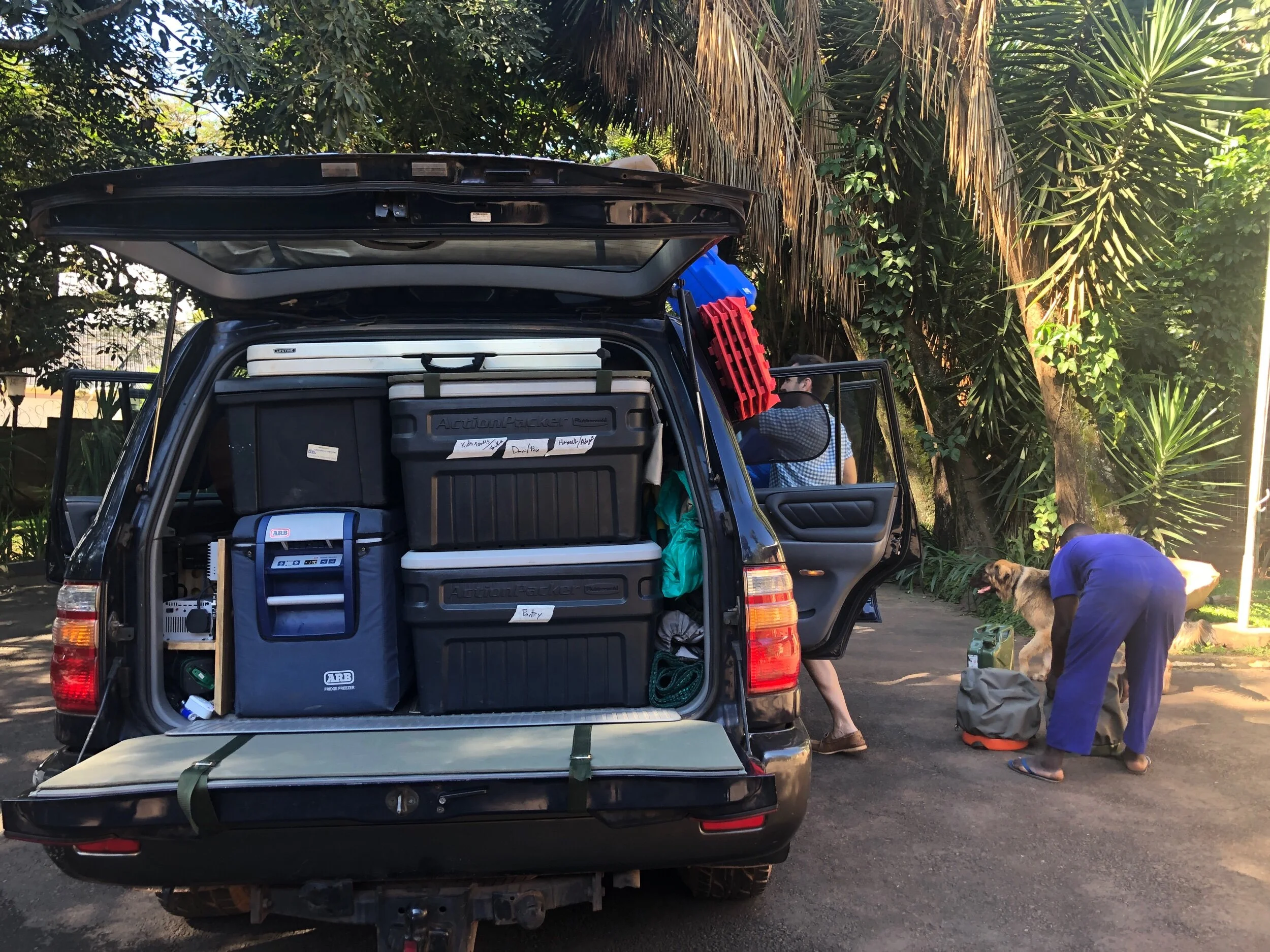After our initial first few days on the road, we headed for our first “real” destination: Lake Baringo. The scenery quickly became awe-worthy as we left the guest house in Bungoma and drove down into the Great Rift Valley, slowly savoring the stunning landscapes and pulling over here and there for a better view. The road trip we had been waiting for had found us.
We arrived to Robert’s Camp on the shores of Lake Baringo around lunchtime and did our first unpacking and our first tent set-up. It was real now. This was it. We were doing the camping and overlanding thing. And what a great place to break ourselves in! Robert’s Camp was calm and inviting, with a restaurant, bar, and good water access. But when I say it was on the shore of the lake, I mean it was RIGHT on the shore. Similar to Lake Nakuru and Lake Naivasha, both of which we visited earlier in the year, Lake Baringo was flooded bar beyond its natural banks. In all three lakes, you could see dead trees reaching out of the water far before you, their skeletons still seeming to call for help. Nobody really knows why the lakes in this region are so flooded, but one of the dominant explanations is that deforestation has caused so much soil erosion that all the dirt has washed into the lakes, filling up their beds, and overflowing their banks in recent years. This, matched with the unusual amount of rainfall throughout East Africa in the last couple of months, and the restaurant of Robert’s Camp was only a few feet away from being flooded itself.
The kids entertained themselves easily in the dirt with their buckets and shovels as we set up. After dinner, we tried out a new bedtime routine, which included s’mores around the fire. After getting Pax to sleep, I struggled to hoist him up a ladder without waking him or injuring either of us. I realized I needed a new method. From then on, I pushed him up into the tent, still awake, and, usually after a period of time getting his final energy out by wrestling and pretending to be monster trucks with his big brother, I rocked him in my lap to put him to sleep.
We didn’t realize it at the time, but Lake Baringo was our most relaxed stop on our month-long trip. We had a free day, which we started with a family boat ride. We passed the ruins of buildings affected by the flooding, with water up to their windows or roofs. We spotted all kinds of birds on our boat ride, including the Northern Masked Weaver, which is endemic to the area. Later, I took another bird-watching walk with a guide.
We wiled away our time cooking and cleaning, washing dishes and diapers, and watching birds in the process. Leo giggled as hornbills, starlings, and weaverbirds hopped up to him while he ate his lunch, anxious for a crumb or two. I even had time to write the only blog I ever wrote on our trip about our packing list. We didn’t realize just how relaxed we were. Compared to the rest of our trip, we had a great deal of free time at Lake Baringo.
In the middle of our free day, I walked out of the shower and back to our rig. The children were playing beside the car with Eric nearby. I went to put my toiletries away when I saw a sudden splash into the lake: a crocodile - no, two! - jumped into the water after sunbathing on the grass, startled by my approach. They weren’t large - about the size of Pax, but they were crocodiles nonetheless, and they were disconcertingly close to my small children. From then on, we pointed to a tree by the lake and forbade them to go past that tree, not that Pax understood a word of my forbidding. At night, we could hear hippos all around us. I had an rumbly stomach one night, but didn’t want to leave the tent on behalf of the hippos to find my way to the bathroom. I held it in, which cost me a restful night of sleep.
We got into the rhythm of the work of camping - cooking, cleaning, and handwashing laundry, including cloth diapers. We quickly realized that it was worth the reduction in work to wear clothes until they were unbearably filthy, although admittedly I had a different standard of what “unbearably” meant than Eric. I’ll let you decide who had the higher standard. We also allowed the kids to be naked as much as possible, since cleaning skin is much easier than cleaning clothes.
It all helped me realize how and why my African friends manage to stay incredibly clean while living much of their lives outside, even in the dry, dusty season. They will often click their tongues at me if I sit down on a dusty rock, for example, or even a chair without dusting it first. Now I realize, with embarrassment, that it’s my privilege of having 1) a washing machine, 2) a maid who uses the washing machine, and 3) plenty of clothes, which allows me to laugh about dirtying my clothes without much of a care. Even if my Ugandan friends have these same privileges now, I can see how past generations set up habits of cleanliness because there were consequences and work to be done when you got things dirty. No wonder they are meticulously clean in their appearance. So while camping, I was afforded none of my typical privileges. We became more cautious about getting things dirty while simultaneously accepting of the inevitable, riding out our grossness as long as we could. After all, we had no one to impress.
Knowing we had a long drive ahead of us on the day of our departure, we opted for breakfast at the restaurant so we could take off early in the morning. We headed to Ol Pejeta, via Nakuru, also knowing something wasn’t quite right with our air conditioner, which we would have to further investigate along the way.









